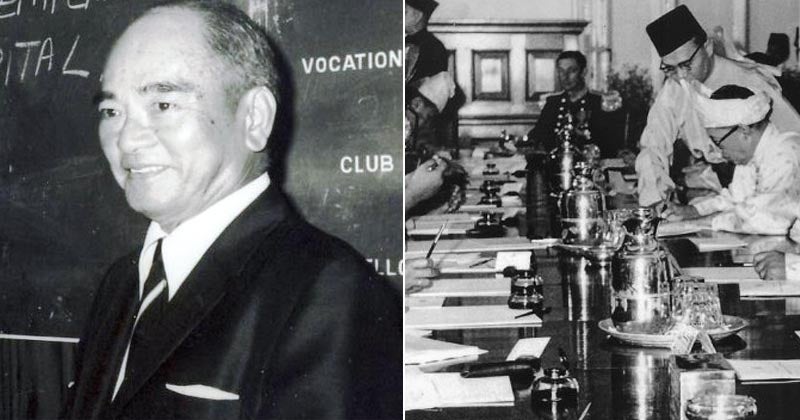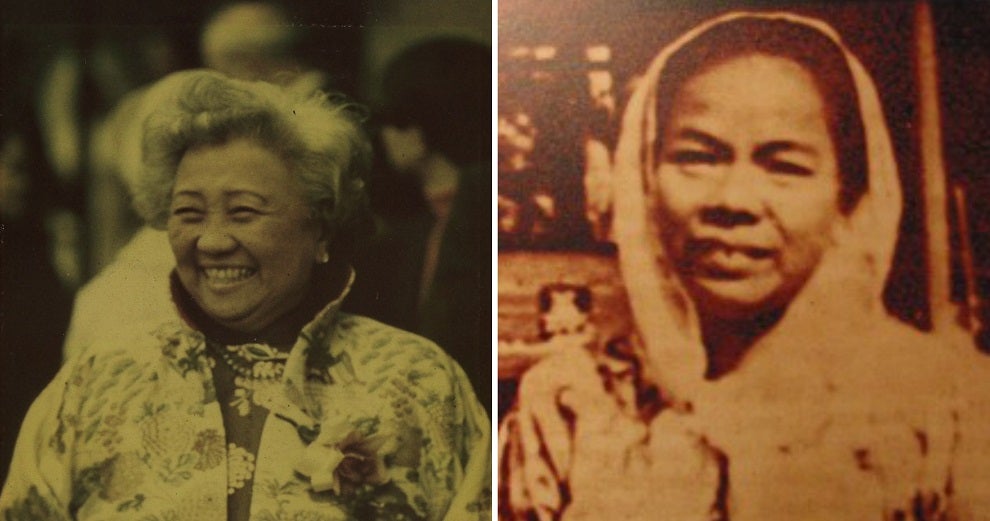When we talk about the independence of Malaysia, the first image that comes to mind is the iconic “Merdeka!” declaration by Tunku Abdul Rahman at the Merdeka Square on the 31st of August 1957. Malaysia is proud to have so may forefathers that helped our country achieve independence, and this Merdeka, we’ll be looking at the history and background of one of tokoh negara, Colonel Tun Henry Lee Hau Shik (李孝式), or better known as Tun H.S. Lee!
Here are seven things you should know about him (especially if you’re Malaysian!).
1. He’s from a wealthy business family in Hong Kong
Tun H.S. Lee was born in Hong Kong on the 19th of November 1900. However, unlike, most immigrants from China, he came from a wealthy family background.
He was the eldest son of prominent businessman Lee Kwai-Lim and Kam Kwok-Chun. His family owned a company called Kam Lun Tai, which mainly dealt with silk trade, remittance and mining businesses.
In 1924, he came to Malaya to continue his family business, as stated in the book, Southeast Asian Personalities of Chinese Descent. He bought a tin mine near Kuala Lumpur and then set up the Tai Yau company as a subsidiary of Kam Lun Tai.
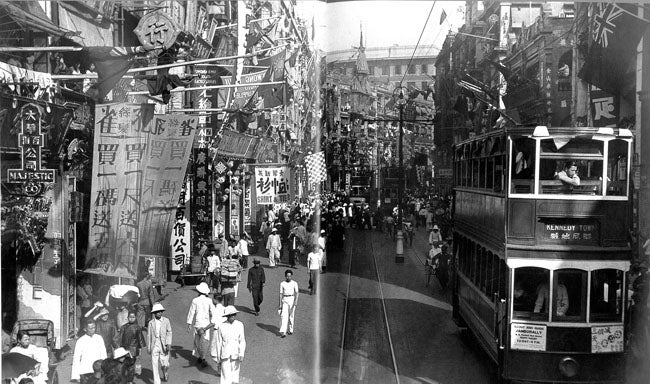
Hong kong in the 1920s | source: mclc resource center
2. He was appointed as a colonel in the Allied Forces
Tun H.S. Lee was concerned with events in China during the Japanese invasion in 1937. He set up the Selangor China Relief Fund and liaised with the Kuomintang Party to fight the Japanese occupation in China.
As the Japanese forces advanced their influences into Malaya, Tun H.S. Lee and his family moved to India as he was certain that he would be targeted by the Japanese because of his involvement in anti-Japanese activities.
At that time, he met the then China’s President, Chiang Kai Shek. Appreciating Leeʼs closeness to Britain, Chiang appointed him a colonel in the Allied Forces in which he liaised between the British and Chinese armies along the China-Burma border.
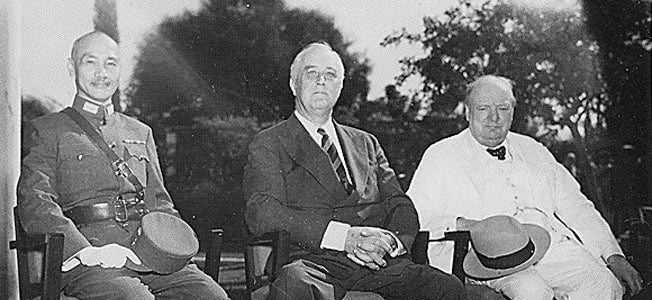
Chiang kai shek (first from the left) | source: warfare history network
3. He helped establish the Malayan Chinese Association (MCA)
In 1948, the majority of the Chinese community was being resettled in the New Villages (Kampung Baru), there was an urgent need to have a Chinese party to represent the community.
This idea received full support from the British as they needed a Chinese organisation to fight the Malayan Communist Party (MCP)-led insurrection.
According to The Star, Chinese guilds and associations from all over the country held meetings for the following weeks to select delegates. Tun H.S. Lee was elected to lead the Selangor delegation. Eventually, at a gathering on 27 February 1949, MCA was formed, and Tun Tan Cheng Lock was elected president.
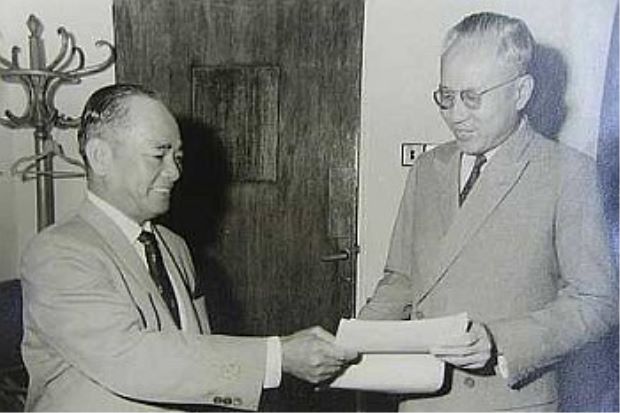
Tun h. S. Lee (left) with tun tan siew sin | source: the star
4. He founded Malaysian Chinese-language newspaper, China Press
Tun H.S. Lee had always been a strong anti-communist activist. In 1946, he founded the China Press to counter the pro-left Min Sheng Pao, which was then the only local Chinese newspaper.
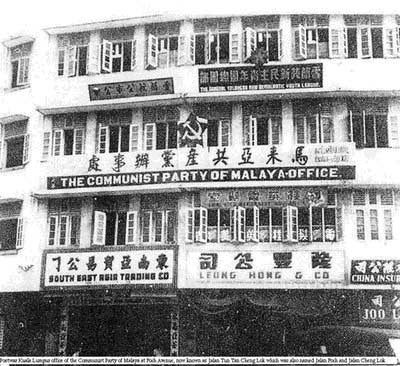
Malayan communist party (mcp) office | source: revolvy
5. He was the only Chinese signatory on the Malayan Independence Agreement
Tun H.S. Lee was one of the key leaders who initiated the UMNO-MCA alliance between the United Malays National Organisation (UMNO) and MCA that marked the start of an enduring interethnic coalition.
In the 1952 Kuala Lumpur Municipal Council elections, he worked out the UMNO-MCA electoral alliance with Datuk Yahya bin Datuk Abdul Razak, a Selangor UMNO leader, to contest against the Independence of Malaya (IMP), which was favoured by the British. The UMNO-MCA alliance eventually led them to victory in the election, and formed the basis of a national-based Alliance Party, which is now known as Barisan Nasional (BN).
In 1956, Tun H.S. Lee was part of the Alliance mission headed by UMNO president Tunku Abdul Rahman for constitutional talks in London. He was also the only Chinese signatory on the Malayan Independence Agreement.
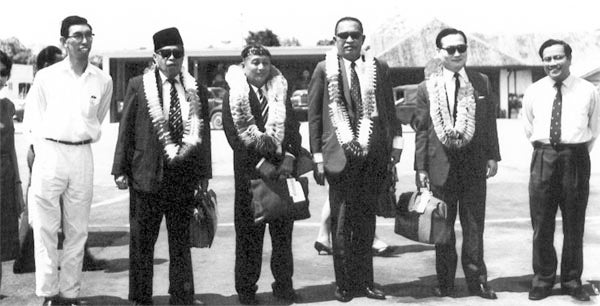
Source: borneo post
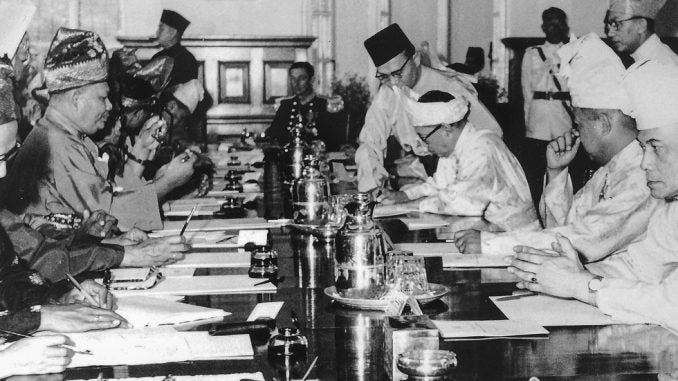
Source: berita harian
6. He became the first Finance Minister of Malaysia
Tun H.S. Lee was the Transport Minister from 1953 to 1956, as reported by The Star.
When Malaya became independent in 1957, Tun Lee was appointed as the first Finance Minister. However, he resigned from his post two years later due to health concerns.
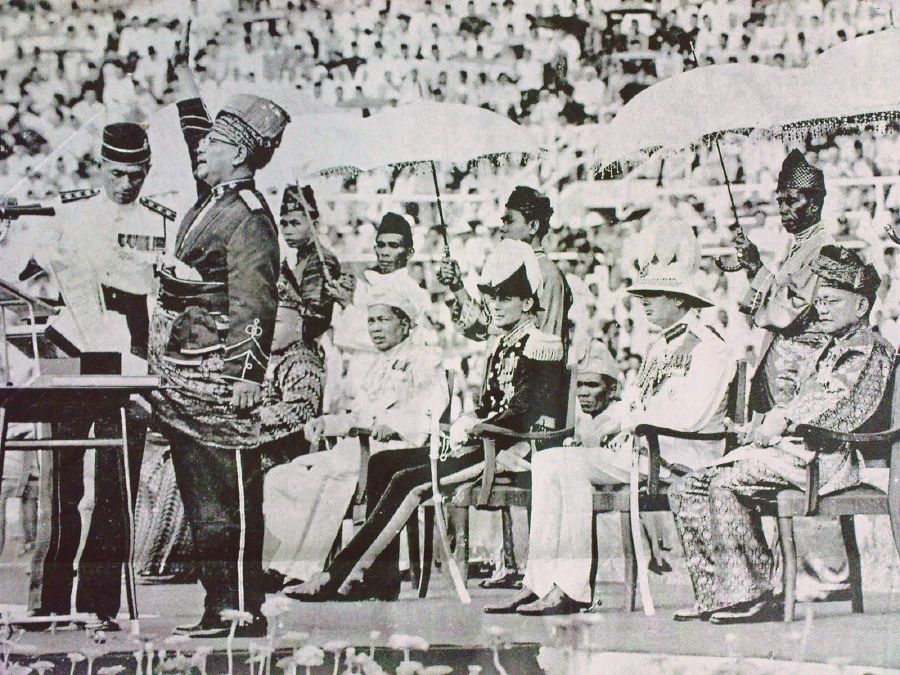
Source: nst
7. He returned to his business ventures after retiring from politics
After his retirement from politics in 1959, Tun H.S. Lee returned to active business pursuits, focusing on banking. In 1966, he established the Development and Commercial Bank (D&C Bank) which subsequently became Malaysia’s fifth largest bank.
Through his son Tan Sri Alex Lee Yu Lung, he gained control of Roxy Electric Bhd., a public-listed company. He was also the chairman of D&C Finance, D&C Nomura Merchant Bank, On Tai Development, Roxy Malaysia and vice chairman of Golden Castell Finance Corporation.
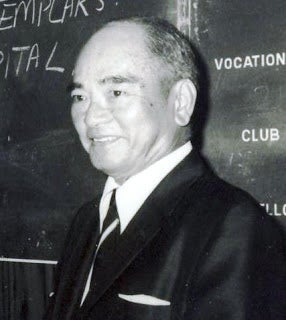
Source: blogspot
Tun H.S. Lee died on June 22, 1988. Jalan Bandar, formerly known as High Street, was later renamed to Jalan Tun H.S. Lee to honour him.
Tun H.S. Lee is undoubtedly one of the most inspiring leaders of our country. Let us not forget the contributions and sacrifices he had done for the independence of our beloved Tanah Air. Selamat Hari Merdeka!
Also read: 4 Amazing Women in Malaysian History Who Shouldn’t Be Forgotten

